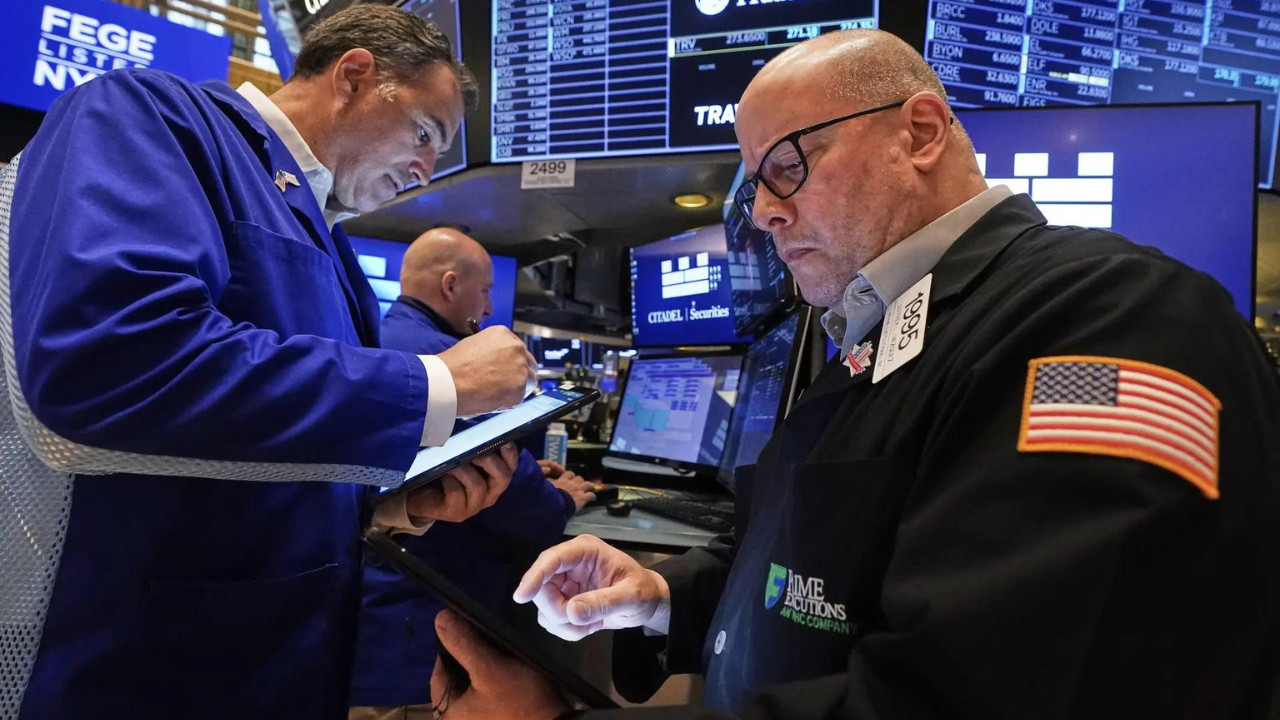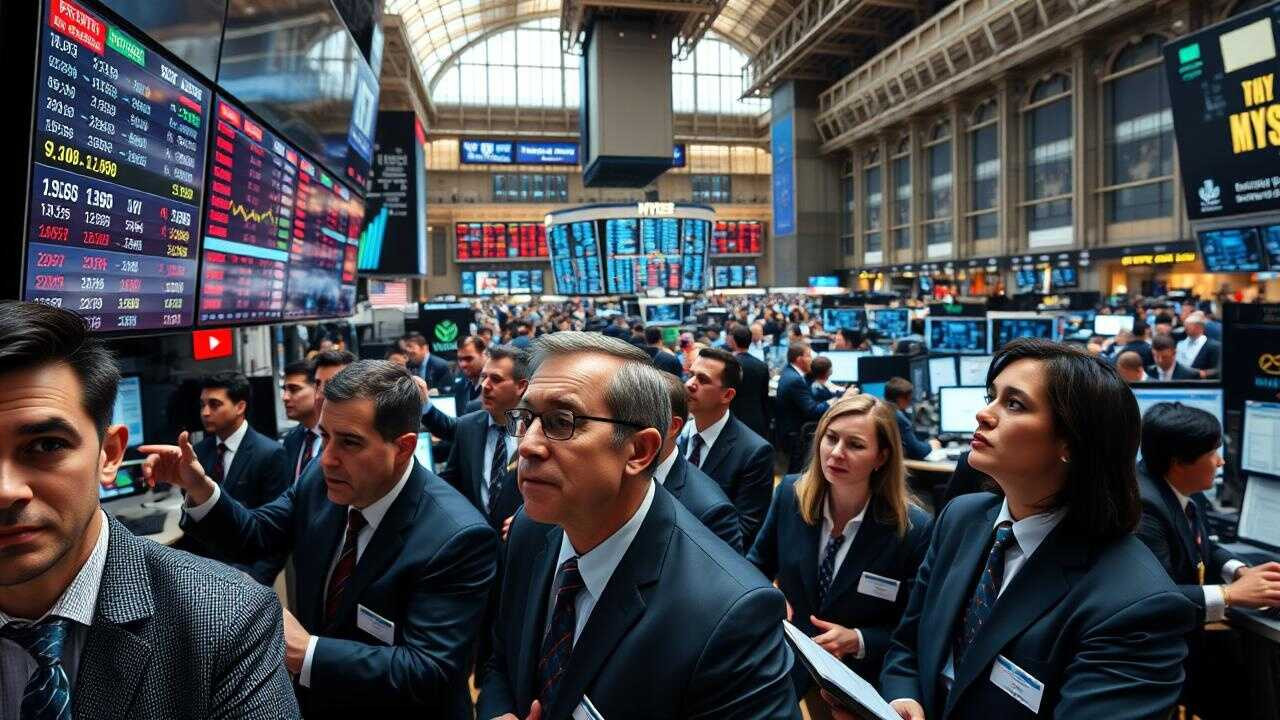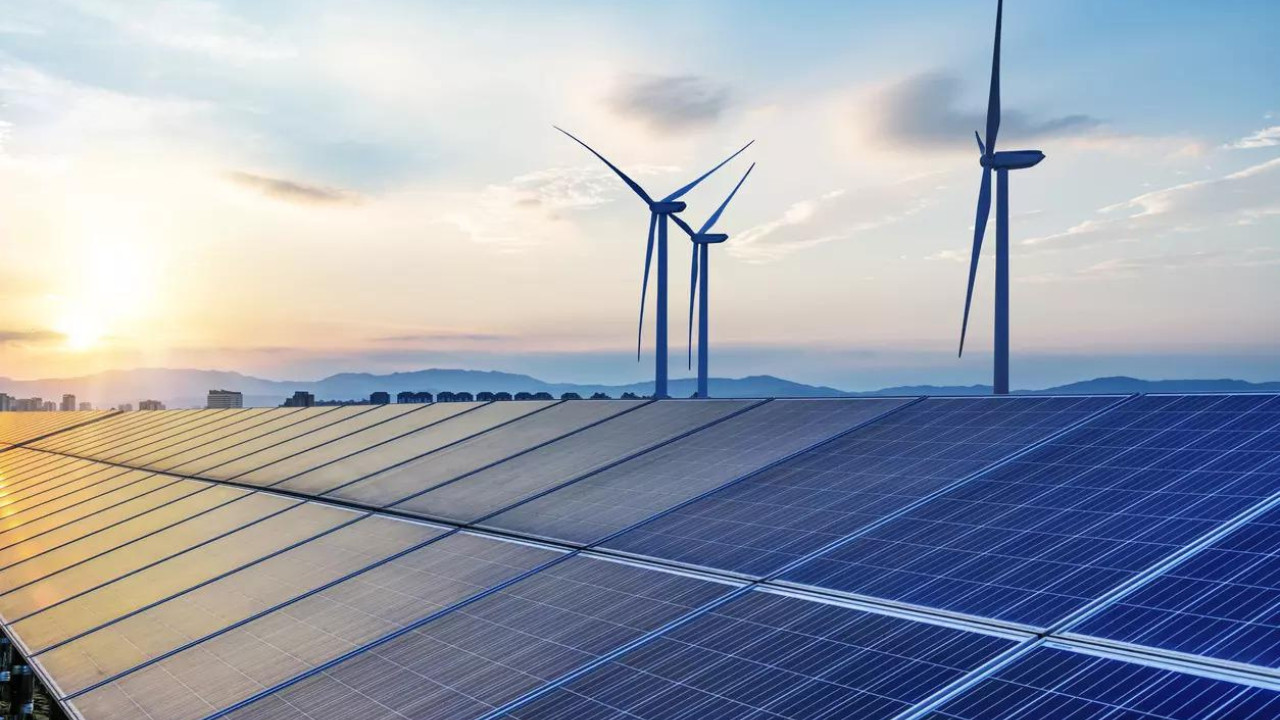US stocks plummeted at the opening bell on Friday following reports of Israeli airstrikes on Iran, escalating Middle East tensions. The Dow Jones Industrial Average sank over 570 points, with the S&P 500 and Nasdaq also declining. Surging oil prices, up nearly 8%, and rising bond yields fueled concerns about inflation and economic instability.
Navigating the Geopolitical Tightrope: How Iran-Israel Tensions Rocked Wall Street (and What it Might Mean for You)
Okay, let’s be honest, following the stock market can feel like watching a particularly dramatic soap opera. One minute everything’s rosy, the next…bam! Someone’s thrown a drink (metaphorically speaking, of course). This week, the drink was definitely thrown, courtesy of escalating tensions between Iran and Israel.
You could practically feel the collective intake of breath on Wall Street as news of potential conflict rippled through trading floors. It wasn’t a full-blown panic, more like a very cautious, strategic retreat. The Dow Jones Industrial Average took a noticeable dip, as did the S&P 500. The Nasdaq, home to all those tech darlings we love (and sometimes love to hate), also felt the pressure.
But why the market jitters? It’s not like stocks crumble every time there’s geopolitical unrest, right? Well, it’s all about uncertainty. Markets hate uncertainty. Conflict in the Middle East, a region already fraught with complexities, throws a huge wrench into the cogs of global stability. It raises questions about oil prices, supply chains, and, frankly, the overall stability of the international order. That’s the kind of stuff that keeps investors up at night.
Consider oil, for instance. The Middle East is, you know, kind of important for the world’s oil supply. Any disruption to that flow, even a perceived disruption, sends prices soaring. And higher oil prices? That translates to higher costs for everything from transportation to manufacturing, ultimately impacting consumer spending and corporate profits. Nobody wants that.
Now, let’s talk specifics. While the major indexes weren’t collapsing, they were certainly feeling the weight of the situation. The Dow dipped, the S&P 500 edged lower, and the Nasdaq… well, the Nasdaq always seems a little more volatile, didn’t it? This time was no different. The fear is that, in times of global instability, investors tend to shy away from riskier assets, and tech stocks are often viewed as inherently riskier than, say, dividend-paying blue chips.
Think of it like this: if you’re suddenly worried about a storm, you might trade in your fancy sports car for a more reliable, all-weather vehicle. Investors do the same, but with stocks.
So, what does this all mean for the average person? Should you be frantically selling everything and hoarding canned goods? Probably not. But it’s definitely a good time to take stock (pun intended!) of your portfolio.
* Are you comfortable with the level of risk in your portfolio? If the current market volatility is making you lose sleep, it might be time to rebalance and shift some assets into more conservative investments.
* Are you diversified? The old adage of not putting all your eggs in one basket holds true, especially during times of uncertainty. Diversification across different asset classes can help cushion the blow when one sector takes a hit.
* Are you investing for the long term? Remember, investing is a marathon, not a sprint. Short-term market fluctuations are inevitable. Focus on your long-term goals and try not to get too caught up in the daily noise.
This situation also highlights the interconnectedness of the global economy. Events halfway across the world can have a direct impact on your investments, your job, and even the price of gas at the pump. It’s a reminder that we live in a complex and interconnected world, and understanding these global dynamics is crucial for making informed financial decisions.
Ultimately, the situation with Iran and Israel is still unfolding. How it will play out in the long run is anyone’s guess. But one thing is clear: it’s a reminder that the market doesn’t exist in a vacuum. It’s influenced by a myriad of factors, from economic data to geopolitical events.
So, keep an eye on the news, stay informed, and don’t let fear drive your investment decisions. And maybe, just maybe, try to find a good series to binge-watch to distract yourself from the market’s daily dramas. Because let’s face it, sometimes the best investment you can make is in your own peace of mind.
📬 Stay informed — follow us for more insightful updates!







